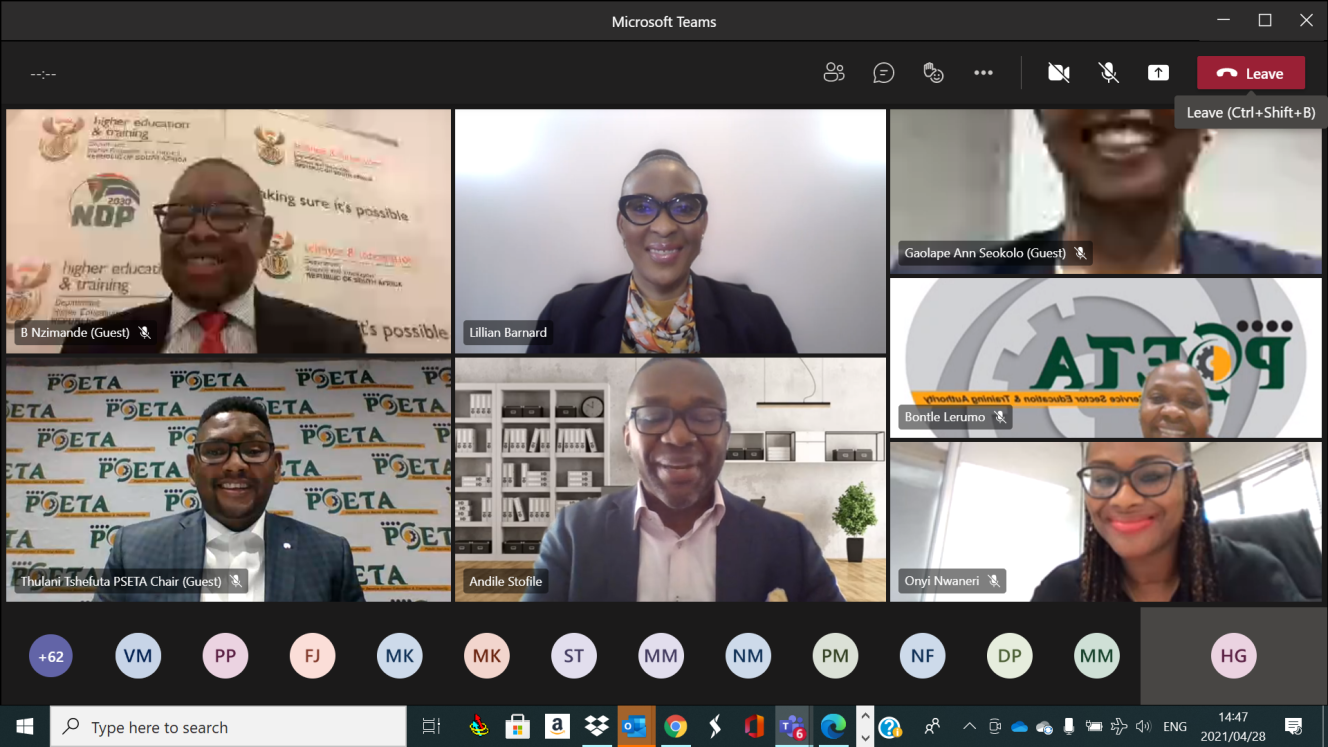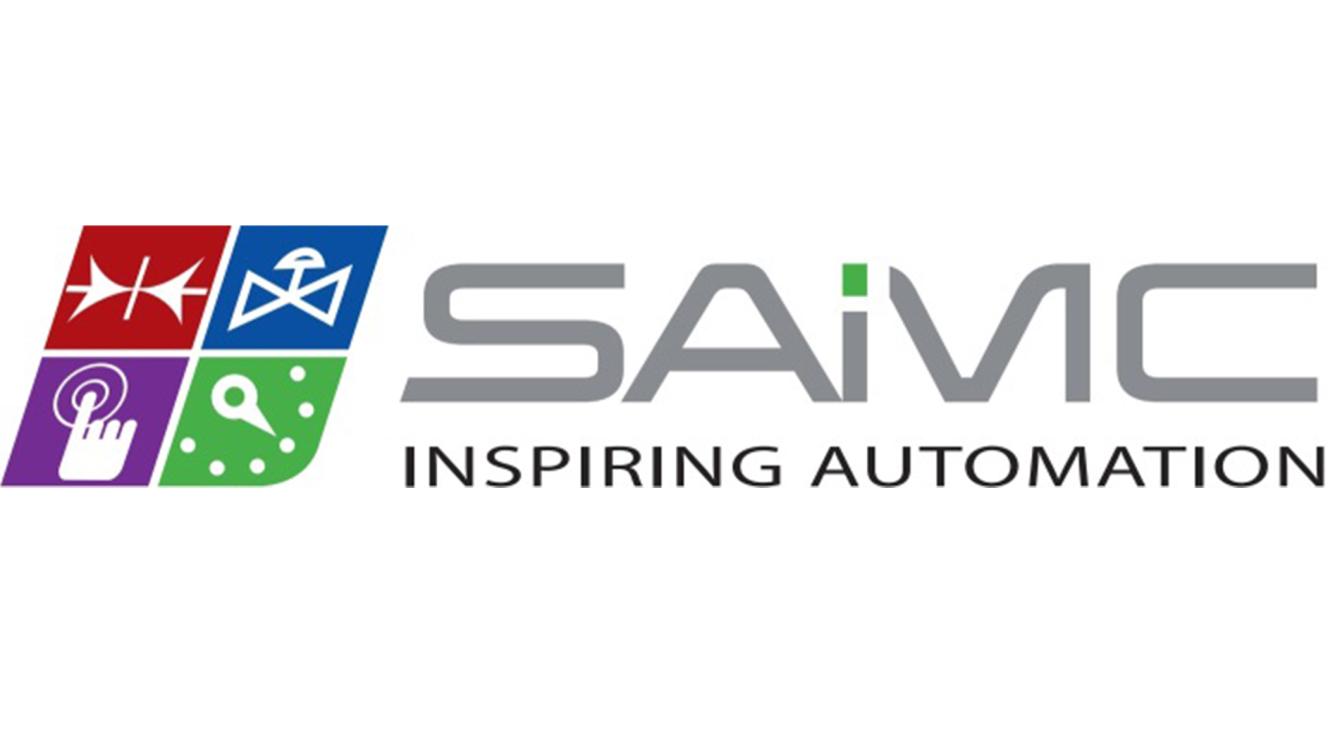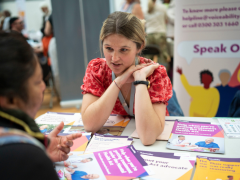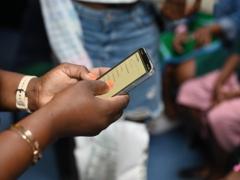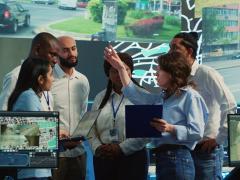Microsoft has announced a partnership with the Public Service Sector Education and Training Authority (PSETA) and Afrika Tikkun to extend the Global Skilling Initiative that was launched last year to provide at least 20 000 young people with critical digital skills.
The focus is on building digital skills capabilities in South Africa, and to improve the employability of the country’s youth in the Information and Communications Technology (ICT) industry, by providing the physical footprint and infrastructure these young people need to access this digital skills training.
This partnership between the public and private sectors will harness the individual and collective capabilities of each of the partners, to provide the support needed to access the training. Afrika Tikkun, for example, is hosting and facilitating access to the portal – https://afrikatikkunservices.com/gsisa/ - where young people can register, undergo an assessment and start on their identified learning pathways.
PSETA will support unemployed learners to access this opportunity and promote the initiative through its networks to ensure that as many unemployed learners as possible have free access to the best resources, to improve knowledge and capabilities. This includes leveraging partnerships with other public sector entities in opening up access to libraries, computer labs, community halls and Technical and Vocational Education and Training (TVET) colleges, as well as assisting with the connectivity needed to participate in, and complete the training and certifications that will help their employability by bringing them into the digital economy.
“When young people are not able to enter the labour market or find opportunities for further education or training, we are losing the potential of these youth to contribute to our economy, productivity and growth. Government’s Economic Reconstruction and Recovery Plan (ERRP) seeks to actively change the economy towards positive growth. This requires an active and immediate adaptation by the post school education and training system and will require a range of stakeholders, including government, private sector, and educational institutions, to engage in continuous, structured consultation, collaboration and co-ordination,” says Thulani Tshefuta, Chairperson of the PSETA Accounting Authority.
It also builds on the success of strategic partnerships with non-profits like Afrika Tikkun as part of the initiative. In October last year, Microsoft South Africa provided a $150 000 (over R2.5 million) grant to the youth development NPO, which helps young people from underserved South African communities through its holistic cradle-to-career model that includes skills development and work readiness programmes.
Digital skills are the key to employability and economic growth. “Research has found that the most critical future skills that businesses will continue to require in the next five years are all digital, with data analysts, data scientists and machine learning specialists topping the list of the most in-demand roles,” says Lillian Barnard, Managing Director at Microsoft South Africa.
Young South Africans interested in accessing these critical digital skills can learn more on the Microsoft microsite. All of the resources for the Global Skills Initiative are also available at www.aka.ms/jobseeker.

